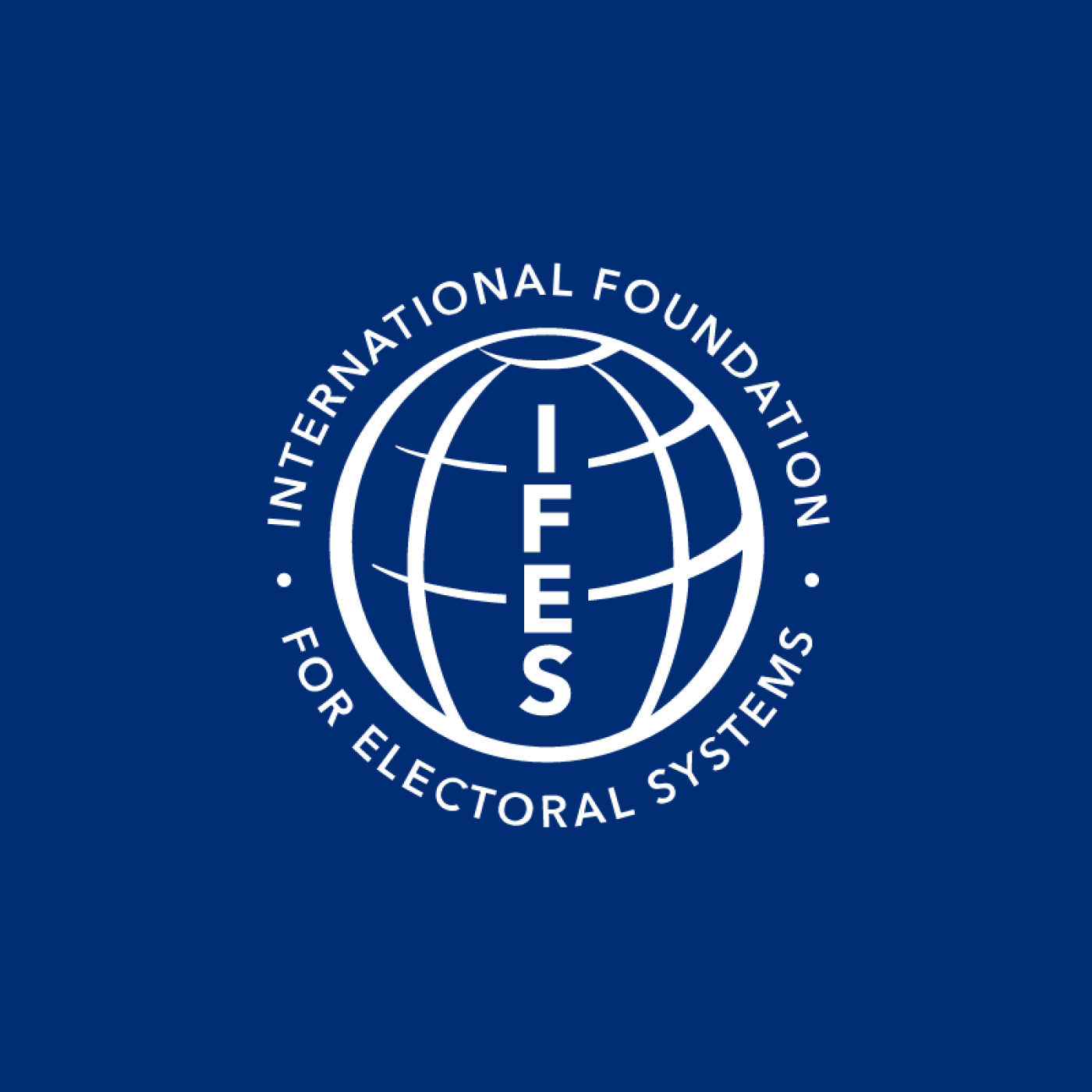Tools & Resources
Filter by
Type
Publication date
Language
Type
Publication date
Language
News & Updates
Interview/Speech/Testimony
Jordan’s First Election Under a New Commission
On January 23, 2013, Jordanians went to the polls to vote in the first election since the country enacted reforms following widespread protests during the Arab Spring. In this first election administered by the IEC, Jordanians cast two ballots—one for the national district and one for a local district. Hermann Thiel, IFES Chief of Party in Jordan, answers some questions about Election Day in Amman.
News & Updates
Feature
First Line of Action: Preparing Poll Workers for Jordan’s Upcoming Elections
In preparation of the January 23, 2013 parliamentary elections, IFES held a training of trainers workshop in Karak, Jordan. Part of a nationwide cascade training plan, the goal was to enable individuals to officially train poll workers in their home districts. The trainings provided insight into Election Day procedures and polling station regulations. The participants also received an overview of the new laws, regulations and executive instructions that will be in effect during the upcoming elections.
Election FAQ
Elections in the Hashemite Kingdom of Jordan: January 23 Chamber of Deputies Elections
The January 23 Chamber of Deputies elections in Jordan will be the first parliamentary elections administered under the authority of the Independent Election Commission (IEC), which was established in 2012. To provide background on these changes and the upcoming elections, the International Foundation for Electoral Systems (IFES) has put together a series of frequently asked questions (FAQs).
News & Updates
Press Release
Jordanian Director of Elections Receives Award for Advancing Democracy
Saad Shehab, director of the Elections Department within the Ministry of Interior (MoI) of the Hashemite Kingdom of Jordan, has been awarded the Patricia Hutar Award by the International Foundation for Electoral Systems (IFES).
Image

Publication
Report/Paper
The Strategic Use of Gender Quotas in the Arab World
William & Kathy Hybl Fellowship, 2010 Research Fellow Bozena Chrisina Welbourne on The Strategic use of Gender Quotas in the Arab World
February 09, 2011
News & Updates
Press Release
Despite Successful Election, Political Violence is Still an Issue in Bangladesh: Political Parties are Key to its Eradication, Report Shows
The political violence following Bangladesh's historic December 2008 parliamentary election shows that the use of aggression as a political tool is still prevalent; political parties are instrumental to its eradication, finds a report released today by the human rights group Odhikar and the International Foundation for Electoral Systems.
Publication
Report/Paper
Odhikar and IFES Final Report on Election Violence
This report details the findings from the Election Violence Education and Resolution (EVER) program, designed by IFES and implemented by Odhikar
February 15, 2009
Publication
Report/Paper
Post-election Violence Follows Historic Bangladeshi Poll
The December 29 elections in Bangladesh have been reported as free, fair and peaceful by international and domestic observer groups including the Asian Network for Free and Fair Elections (ANFREL) and the European Union.
January 05, 2009
News & Updates
Press Release
Successful Bridge Training Held In Jordan
IFES/Jordan successfully hosted a BRIDGE (Building Resources in Democracy, Governance and Elections) training workshop with the Jordanian Ministry of Interior (MoI) from July 20-24.
Publication
Report/Paper
Comparative Report on the State of the Judiciary in Egypt, Jordan, Lebanon and Morocco
This report compares the overall state of the judiciary in four Arab countries: Lebanon, Jordan, Egypt and Morocco. It evaluates regional judicial independence and accountability and is based on wide-ranging research conducted by Arab experts from the region over the past two years. Lebanon, Jordan, Egypt and Morocco were selected for comparison because they have already implemented some judicial reforms and are among the most progressive in the region with respect to this issue. The experiences of these countries may provide best practices and valuable lessons learned. In addition, they may be receptive to working with civil society to deepen their reforms. This report was made possible by the financial support of UNDP-POGAR and technical support from IFES.
May 08, 2007



